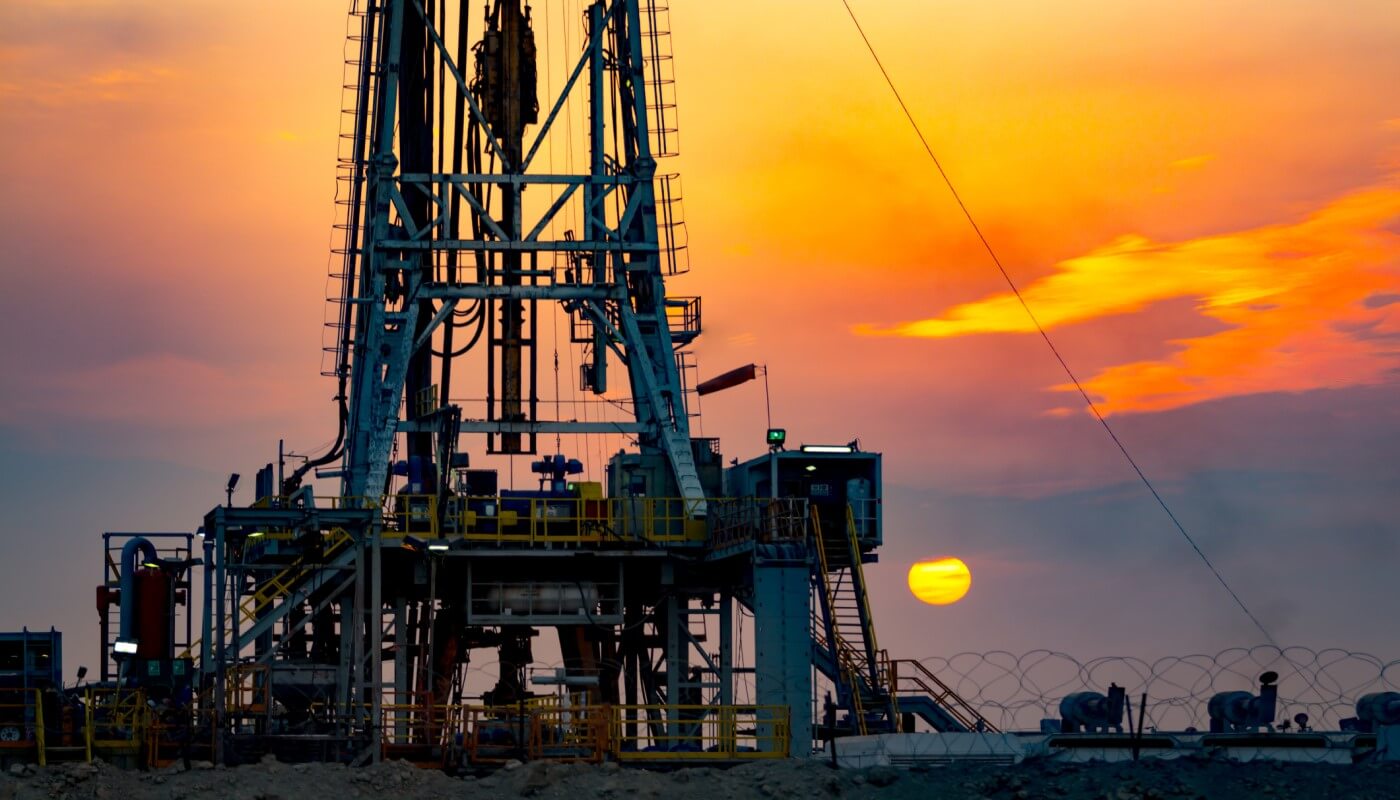
Fifteen years since the U.S.-led invasion of Iraq, the country remains for most investors an oil-rich frontier market shrouded in political and economic uncertainty. However, a “stable” ratings affirmation from Standard & Poor's this year reflects modest improvements in the fiscal and oil-production outlook and reasons for investors not to completely turn away.
Indeed, Iraq has been one of the few oil producers increasing output, a positive sign for exports as the Iran market gets closed off. Iraq continues to work with OPEC (and its non-OPEC counterparts) to increase its quota. Although production and infrastructure issues are not completely resolved, the trend is rising.
Overall growth has been constrained by tight fiscal policy, and limited credit availability to the private sector. The increase in oil revenue, according to market and MENA region analysts, is improving the macro picture compared to what it was from 2015 to 2017. Non-energy output has been very restrained.
The economic stress in neighboring Iran and Turkey is seen as factor likely to increase those countries' exports to Iraq, such as construction and other services.
Dumping and Smuggling
“This may increase the dumping of goods, formally and informally, and increase cross-border smuggling,” Rachel Ziemba, adjunct senior fellow at the Center for a New American Security, said in an interview.
The risks that global investors keep an eye on include conflict in selected areas, changes in government regulation, and difficulty in repatriating capital and profits. Foreign direct investors tend to self insure, especially in the energy sector, rather than relying on bank finance.
Purchasers of Iranian sovereign debt, mostly U.S. dollar-denominated, is clearly exposed to energy price volatility. The sovereign debt is not very liquid, suggesting. Main sectors of outperformance in the country are in the energy sector and, selectively, in retail and construction sectors, with considerable activity in Iraqi Kurdistan.
Long Road to Recovery
Amid talk about “rebuilding,” Ziemba said, a major issue for Iraq is infrastructure.
“Domestic and regional politics is undermining this trend, as is spillover from continued conflict in Syria, Iran and other partners,” she said. Pointing to power and water supply as an acute example, Ziemba explained that these basic services remain “insufficient and uneven.” Investments in improving transportation, as energy prices, are points of debate between the federal and regional governments.
Protests in some areas over poor service delivery, along with restrained wages, suggest that outstanding issues will not be easily resolved, she added.
Dawn Kissi is founder and editor-in-chief of Emerging Market Views.